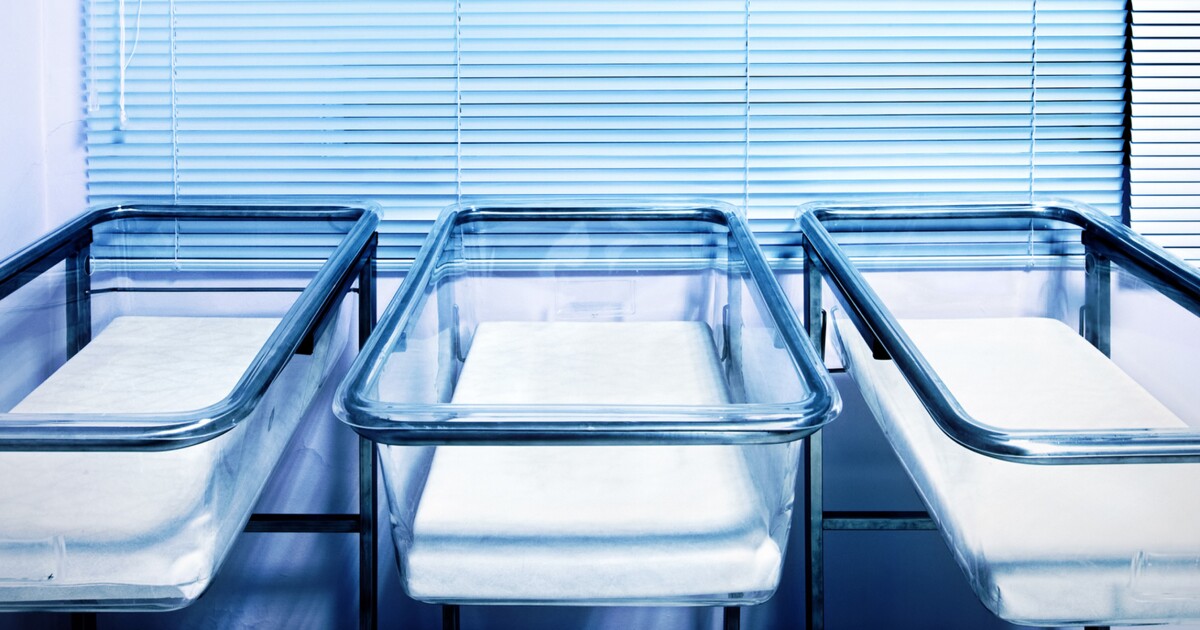

Wisconsin Republican state Sen. Romaine Quinn has introduced four new bills meant to address the criticism that “pro-lifers” are not interested in comprehensive care for mothers and children.
Quinn, a 32-year-old in his first term, is aiming to provide clarity on the legal definition of abortion while also strengthening material support for family growth in the Badger State.
He touts the legislation as an “embrace-them-both” approach — meaning one geared at protecting both unborn children and mothers — in an effort to navigate the challenging landscape for abortion opponents in Wisconsin. Although abortion provision in Wisconsin has been on pause since June 2022 pending litigation regarding a total abortion ban from 1849 that took effect after the overturning of Roe v Wade, the issue appeared to cost conservatives in a high-profile Supreme Court election in the spring, giving liberals a majority on the bench and signaling the reversal of the 19th century abortion ban.
Quinn, who started his political career as mayor of the small city of Rice Lake in 2010, hopes that his legislation will address some of the prevalent lines of criticism from the other side.
Clarifying the legal definition of abortion
Quinn’s most controversial proposal defines abortion as the purposeful elimination of pregnancy as opposed to the unfortunate side-effect of providing life-saving care to women with complicated pregnancies, countering the narrative that abortion restrictions imperil women in medical emergencies.
“After the fall of Roe v Wade, there’s so much disinformation out there, and that was intentional, I believe, to scare people into believing things that just weren’t true,” Quinn said. “We just wanted to make sure [to address] the issues we were hearing from women.”
Quinn’s drafted legislation clarifies that life-saving care, such as treating an ectopic pregnancy, removing a molar pregnancy, or obtaining cancer treatment while pregnant, cannot be classified as an abortion.
“I would argue that the pro-life community has always been about providing the care you need, and if it is an … unintentional consequence that you lose the baby because of that medical procedure, that is not actually considered an abortion,” Quinn explained.
The text of the legislation obtained by the Washington Examiner further explains that physicians are expected to make “reasonable medical efforts” to save both mother and child “in a manner consistent with conventional medical practice.”
Gov. Tony Evers (D-WI) has made it clear that he will “keep fighting like hell every day until Republicans heed the will of the people” on extending access to abortion.
Quinn said that his bill, though, should not conflict with Evers’s stance. “Why wouldn’t you at least want to remove ambiguity in the law?” he asked.
Financial assistance for parenthood
Being “pro-life” is not “an either-or thing [where] you’re either pro-women or you’re pro-baby, and you can’t do both,” Quinn told the Washington Examiner. Instead, these pieces of legislation seek to “provide protection and assistance to pregnant women and their children at all stages of life.”
Two of the four “Embrace Them Both” bills are social welfare programs intended to help women meet the financial and material demands of deciding to keep their children.
One of Quinn’s bills, LRB-2486, extends the dependent child tax credit to unborn children after a fetal heartbeat has been detected via ultrasound. A fetal heartbeat is typically detectable via ultrasound within six weeks of gestation, and the bill identifies a fetal heartbeat as “a key medical indicator” of an unborn child’s survival to live birth, justifying giving a tax credit for children in utero.
According to the text of the bill obtained by the Washington Examiner, a woman would be required to provide medical documentation of the ultrasound results with her taxes to receive a $1,000 credit.
“Children in the womb are children,” Quinn said.
The second piece of legislation, LRB-2445, creates a $1 million grant from the Department of Health Services to Pro-Life Wisconsin, a pregnancy resource organization, and stipulates that individual resource centers can receive up to $50,000 from the fund for their outreach.
Pregnancy resource centers have been sharply criticized by liberals, who say that they deceive women seeking abortions and do not provide legitimate medical care. Democrats have increasingly called for greater regulation in the wake of the Dobbs decision.
Quinn argued, however, that pregnancy centers “provide real resources, financial support, counseling, teaching you how to be a parent, setting you up to be successful.”
The legislation also makes adoption more accessible as an alternative to abortion if a biological mother is not in a position to raise her child. Quinn’s LRB-2918 appropriates $5 million to the Department of Children and Families over the 2023-2025 fiscal period for grants to adoption service organizations if they offer financial assistance programs for prospective adoptive families.
Adoptions in the United States can cost, on average, between $20,000 and $45,000, and Quinn’s proposal would make up to $10,000 available per prospective family in Wisconsin seeking to adopt a child born in the state.
CLICK HERE TO READ MORE FROM THE WASHINGTON EXAMINER
Common ground
When asked if he expected bipartisanship on these unorthodox ways to address abortion-related policy issues, Quinn responded, “in today’s political climate, I’m not going to hold my breath.”
Quinn’s team is currently in the process of attempting to gain co-sponsors for the legislation before the bills are referred to a committee on June 16.
Although Evers has signaled that he is looking for nothing less than Roe-era abortion access across Wisconsin, Quinn is hopeful that inviting Evers to tour pregnancy resource centers and to speak with anti-abortion advocates in the state will strike some common ground.





